The Tragedy of the Commons
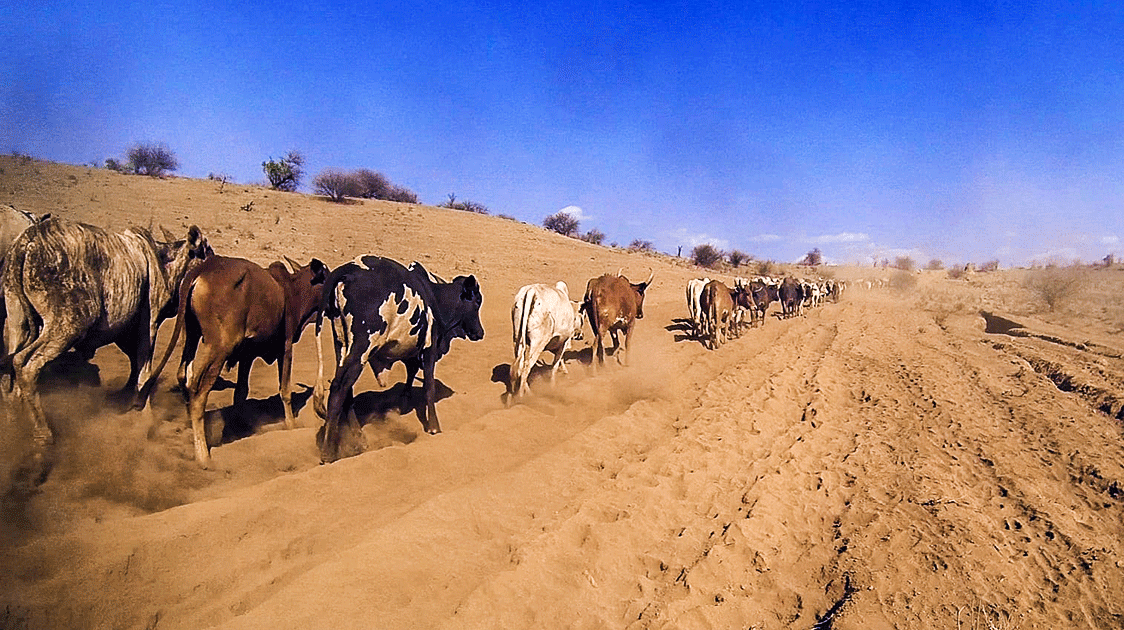
By Zig Mackintosh
Although there is debate around the validity of the term, the “tragedy of the commons” is a metaphor widely used in environmental science, economics, and policy to describe a state where individuals acting independently and rationally according to their self-interests deplete a shared resource, at odds with the best interests of the whole group.
The individual reaps all the benefits of exploitation and is motivated to maximize the use of the resource to the point of total reliance on it.
The costs of this are borne by all those to whom the resource is available. As demand increases and it’s “every man for himself”, the problem snowballs until the resource collapses.
The depletion rate depends primarily on the number of users, their consumptiveness, and the robustness of the common.
While much has changed in Africa over the last century, much has remained the same.
On the Maasailand Steppe of Tanzania, artificial water provision through dam-building, boreholes and pipelines has ensured that the Maasai and their livestock no longer need to migrate with the seasons. Overgrazing and hoof pressure across the region have increased at a frightening rate.
Cattle are sacrosanct in Maasai culture. Wealth is measured in terms of livestock count, and as the human population grows, so too does the livestock tally, which places ever-increasing pressure on the environment.
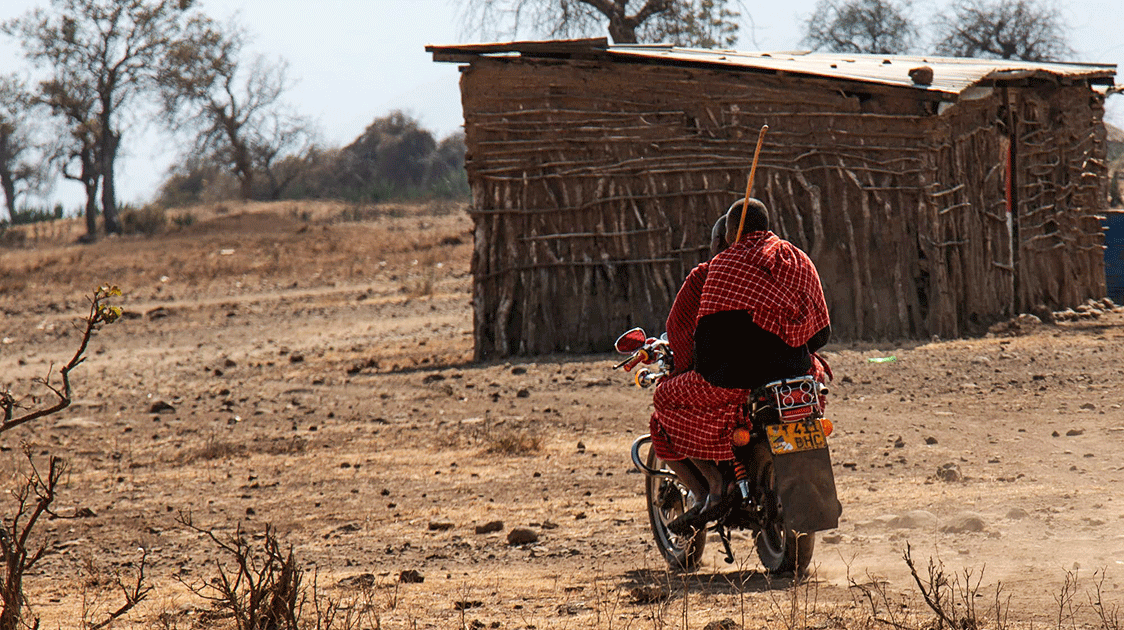
The Maasai have embraced modern technology. The ubiquitous cell phones are used for communication, banking, livestock price-checking, and selfies. Cheap Chinese motorbikes have replaced the bicycle as the primary mode of transport. Better access to health faculties has led to a dramatic drop in infant mortality.
According to UN figures, around 1 billion people live in Africa today, and by the end of the century, close to 3 billion will inhabit the continent. This vast increase will put unbelievable pressure on Africa’s resources.
Education is paramount, but it is also time to question traditional beliefs. The Maasai cannot have it both ways. If livestock numbers are not reduced dramatically, the tragedy of the commons will play out with devastating consequences.
(Zimbabwean native Zig Mackintosh has been involved in wildlife conservation and filmmaking for 40 years. Sustainable use of natural resources as an essential conservation tool is the fundamental theme in the film productions he is associated with.)

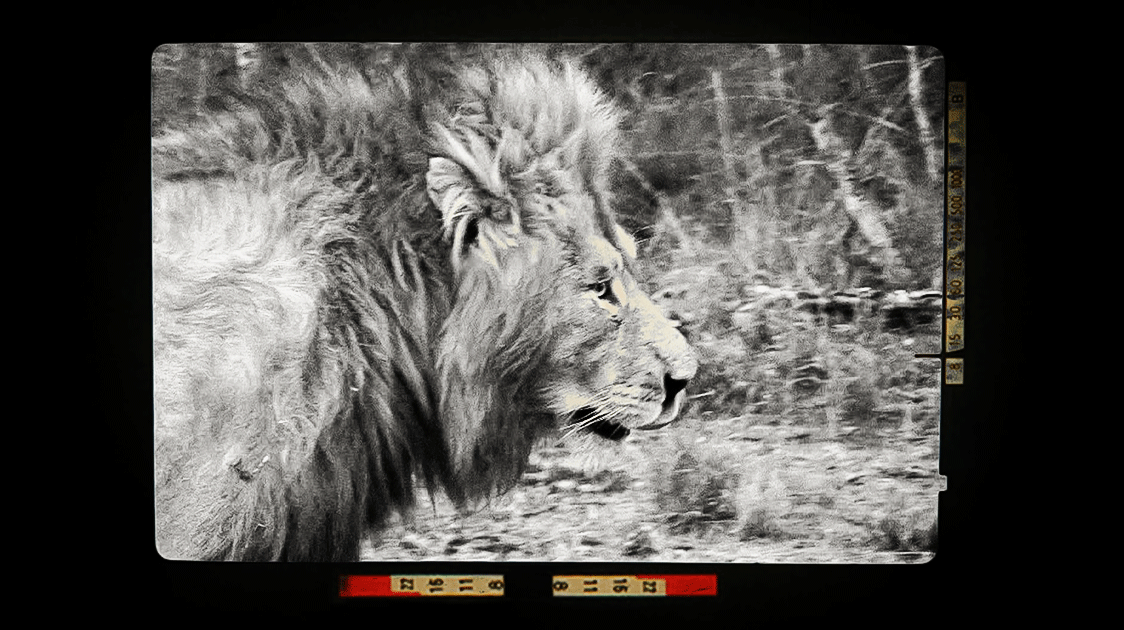
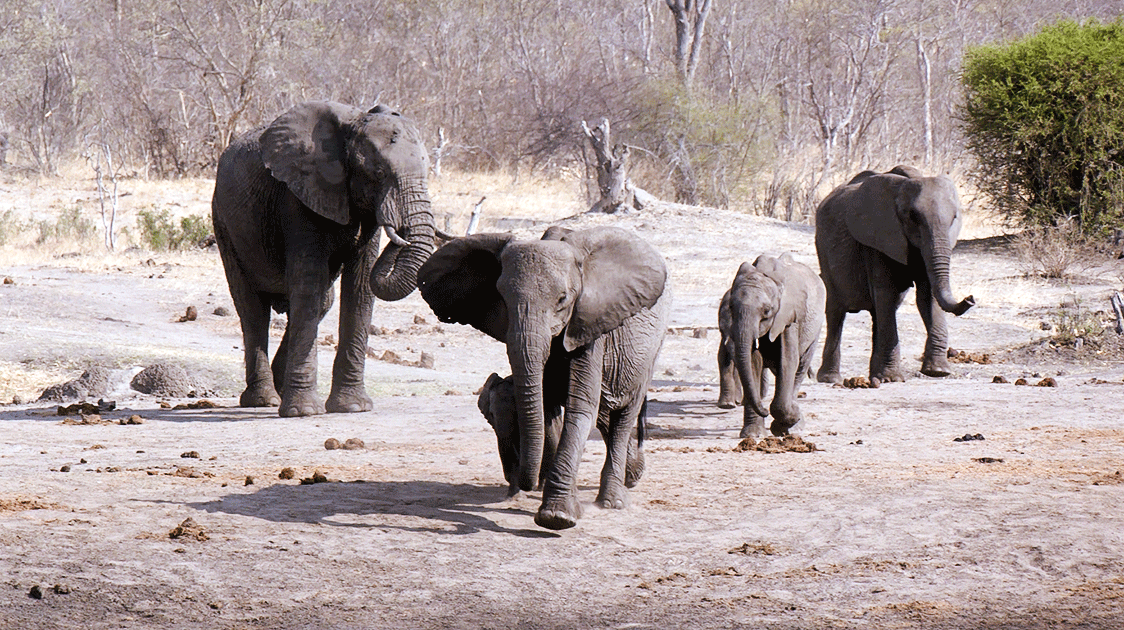
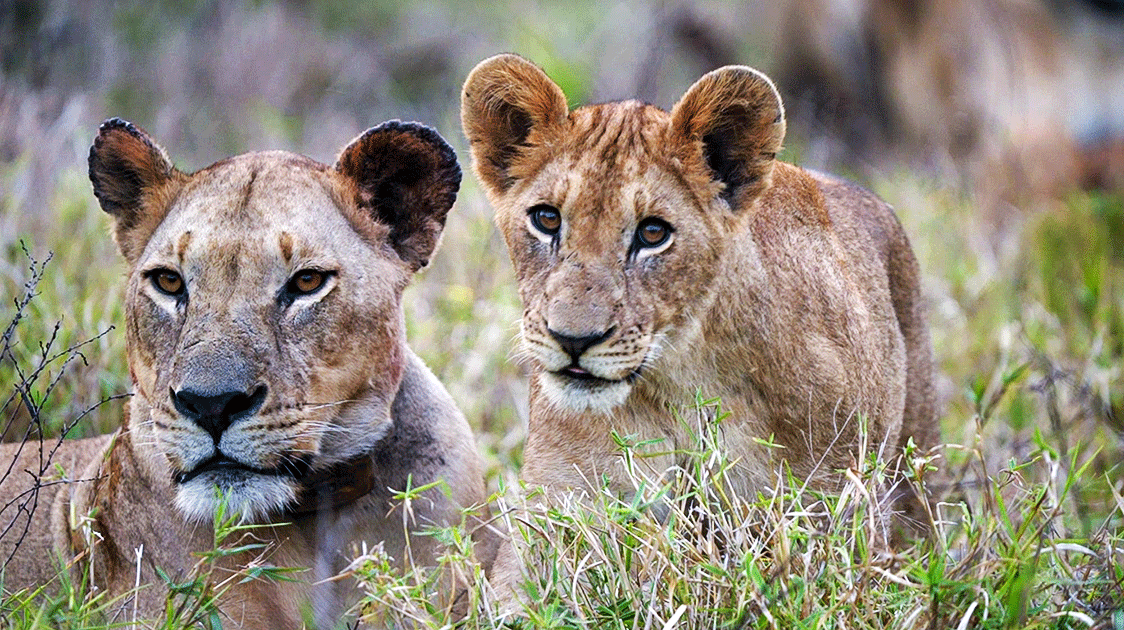
Comments ()